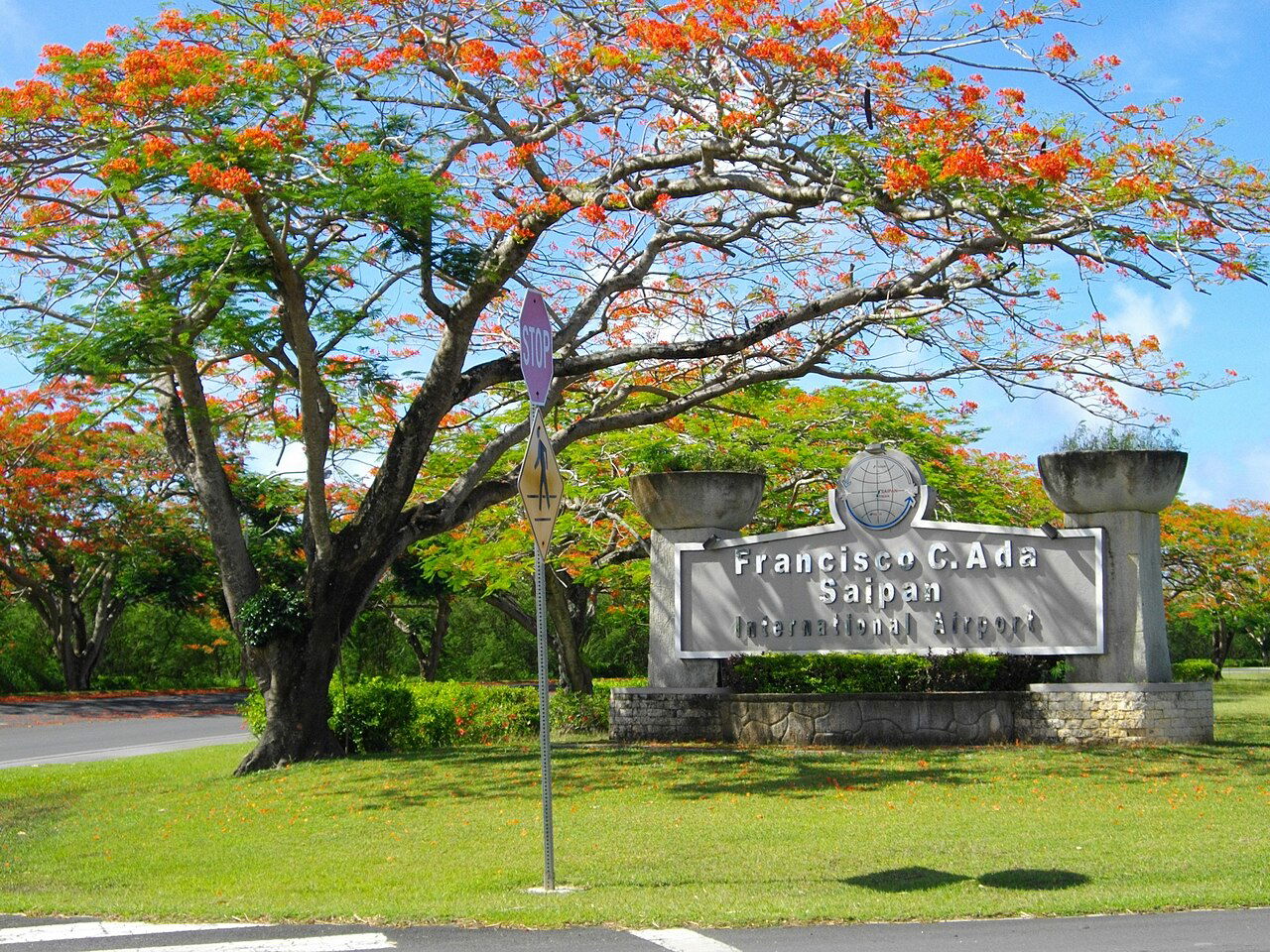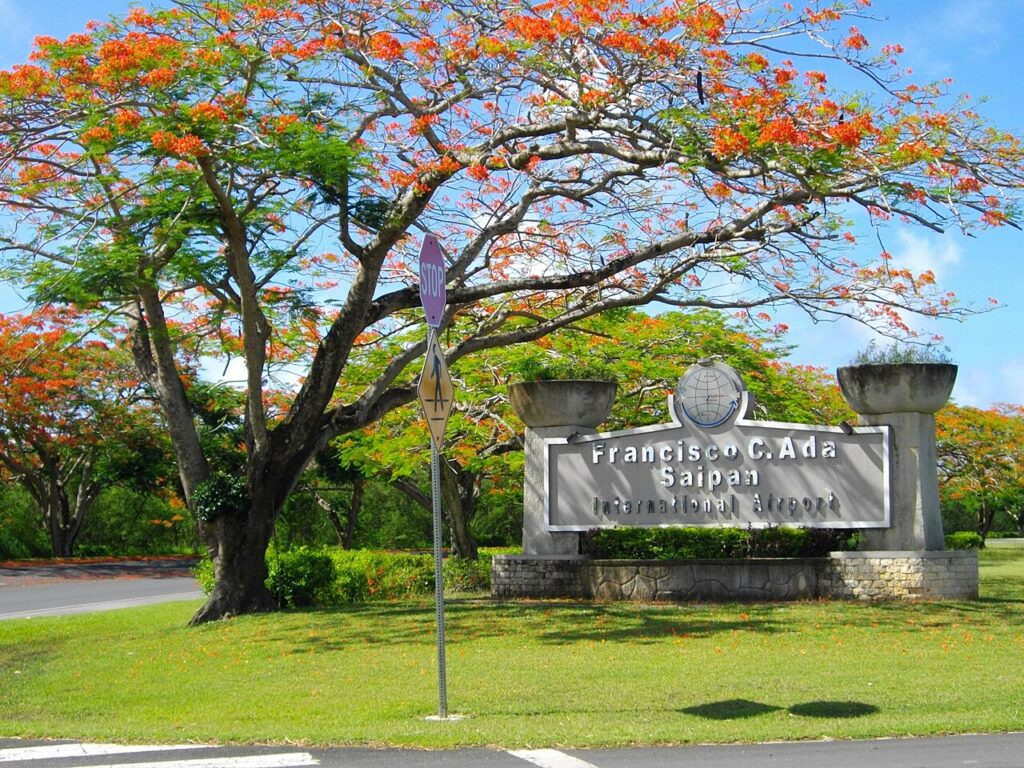
THE Uraali Refaluwasch Association or URA has adopted a resolution “respectfully opposing” any federal military designation of the Francisco C. Ada/Saipan International Airport as a U.S. Air Force Air Mobility Command gateway “without full consultation, legal transparency, and protection of indigenous and environmental rights.”
Signing the resolution were URA President Carmelita Rabauliman-Faisao, Vice President Sharma I. Laniyo, Secretary Lorna Ilap Iginoef, and Senior Cultural Practitioner and Advisor Melvin Faisao.
The resolution was URA’s formal response to Sen. Celina R. Babauta’s request to U.S. Indo-Pacific Commander Admiral Samuel N. Paparo, in which she respectfully requested that Saipan’s airport be designated as an Air Mobility Command gateway. According to the senator, such a designation would enable Space-Available and Patriot Express flights, thereby expanding access for active-duty personnel, veterans, eligible retirees, and their families across the CNMI and neighboring regions.
However, URA’s resolution cited the Covenant, which — while granting the U.S. plenary authority over defense matters — also “mandates mutual benefit and advancement of the CNMI and its people.”
The resolution further cited Article XII of the CNMI Constitution, which “enshrines the protection of land ownership for persons of NMI descent and safeguards cultural integrity, environmental balance, and traditional practices that are at risk when federal military activities expand without local oversight or consent.”
It also referenced Article XIV of the Constitution, which “upholds the conservation and protection of natural and cultural resources.”
Through its resolution, URA urged Gov. Arnold I. Palacios, the CNMI Legislature, and the U.S. Department of Defense to oppose the gateway designation unless and until the following conditions are met:
– A formal consultation process is established, involving traditional leaders, landowners, cultural practitioners, and the broader community.
– A comprehensive environmental and cultural impact assessment is conducted and made publicly accessible.
– Legal safeguards are enacted to preserve land ownership rights and prevent long-term federal encroachment on civilian infrastructure.
– Provisions of the CNMI Constitution and the Covenant are fully respected, ensuring that the U.S. fulfills its obligations to the Commonwealth’s self-governing status and cultural sustainability.











